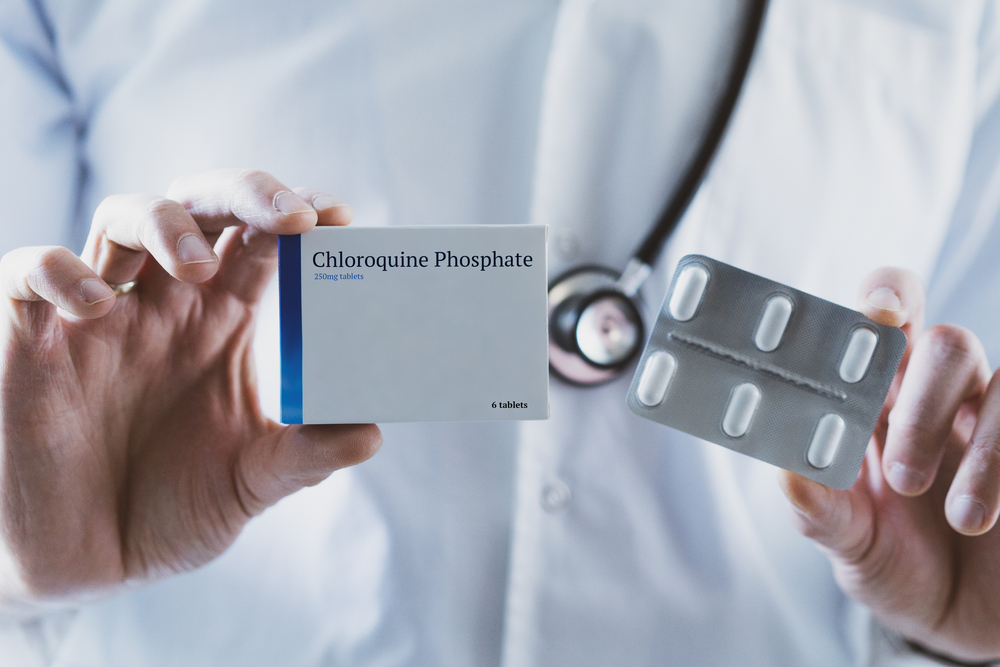
The U.S. Food and Drug Administration (FDA) has authorized the drug chloroquine to be tested as a potential COVID-19 treatment, as part of ongoing efforts to find countermeasures, but the data does not say whether it will work yet, experts warn.
Chloroquine, a malaria, lupus and arthritis treatment, became a major national focus after a White House press conference this week, wherein President Donald Trump pointed to it as a COVID-19 test approved by the FDA. The FDA clarified the drug is part of a clinical trial to determine whether it is even capable of treating patients with mild-to-moderate COVID-19, as a means of reducing symptom durations and viral shedding. Studies to determine its efficacy are in-progress.
“Today’s actions show that HHS and the United States are leading the world in these efforts. Disseminating information about promising off-label uses of drugs we already have, investigating their effectiveness, and pursuing other therapeutics will help give American healthcare providers the tools they need to save lives,” HHS Secretary Alex Azar said. “As we have always seen when America has faced a serious threat, American industry, academic institutions, and government are coming together to deliver us what we need to win.”
But while the federal government moves to expedite the development and availability of certain medical products and look at all manner of potential means to treat the rapidly spreading COVID-19, some officials warn it’s too soon to leap at potentially false lights in the dark. Chloroquine, as with other drugs, is a potential help — not a proven one.
“What’s also important is not to provide false hope,” Dr. Stephen Hahn, FDA commissioner, said, “We may have the right drug, but it might not be in the appropriate dosage form right now, and it might do more harm than good.”
The FDA has to ensure such products are effective first, Hahn said. If not, officials run the risk of treating patients with ineffective products when other, more effective treatments could have been pursued.
“At the same time, we will engage with domestic manufacturers to ramp up production of this product to mitigate any potential supply chain pressures,” Hahn said. “If clinical data suggests this product may be promising in treating COVID-19, we know there will be increased demand for it. We will take all steps to ensure chloroquine remains available for patients who take it to treat severe and life-threatening illnesses such as lupus.”
No FDA-approved therapeutics or drugs to treat, cure or prevent COVID-19 currently exist, though many have begun to benefit from emergency use authorizations issued by the administration. Cases of infection in the U.S. have climbed to more than 12,000, according to the latest figures.




